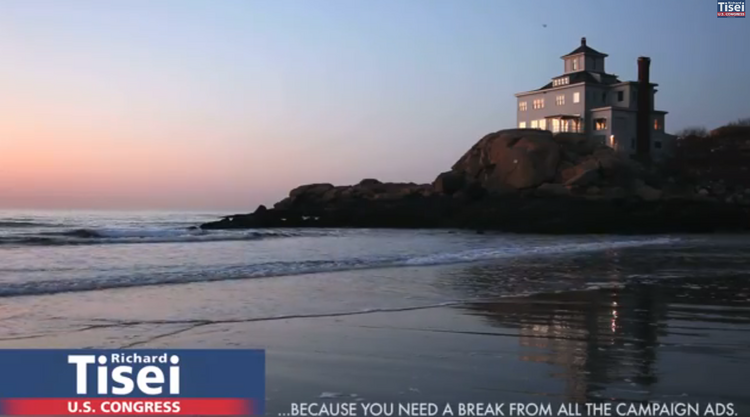The New Republic’s Alice Robb writes that concern/hysteria over the Ebola virus may have Republicans whistling a happy tune in two weeks: “A growing body of literature in psychology suggests that feelings of fear make people’s political outlook more conservative.”
This conclusion is based on studies in which volunteers are shown scary or disgusting images—“a guy eating worms, a cockroach on pizza, excrement on the street”—and then asked their opinions on political issues. Those shown disturbing (as opposed to “neutral”) images “tend to lean farther to the right,” especially on social issues and particularly on matters related to sex, such as gay marriage and abortion.
But according to Robb, other studies suggest that “highly positive stimuli, like humorous videos or erotic pictures, can also intensify conservative leanings.” One psychologist has kind of an explanation: “If you’re sensitive to these things, you may use political ideology as a way to regulate emotions.”
If Democratic candidates run commercials like the one Republican Richard Tisei did in the closing days of his unsuccessful congressional campaign in 2012—as the Boston Globe described it, “The 30-second spot shows nothing more than the tranquil scene of waves lapping the shore at Good Harbor Beach in Gloucester, a seagull calling in the background” —you’ll know they’re on board with the latest psychology.
In his Monday column, The New York Times’s David Brooks doesn’t give an Ebola bounce to the GOP, but his description of the national mood is a good omen for more alarmist candidates: “It’s a sour, existential fear. It’s a fear you feel when the whole environment seems hostile, when the things that are supposed to keep you safe, like national borders and national authorities, seem porous and ineffective, when some menace is hard to understand.”
Brooks’s column makes me think of President Ronald Reagan’s “bear in the woods” ad from his re-election campaign in 1984. When you read the full narration, think of the hulking animal as Ebola, gay marriage, inflation, or anything that keeps you up at night: “There is a bear in the woods. For some people, the bear is easy to see. Others don’t see it at all. Some people say the bear is tame. Others say it’s vicious and dangerous. Since no one can really be sure who’s right, isn’t it smart to be as strong as the bear? If there is a bear.”
Republicans may be tempted to ape Reagan’s ad in the closing days of the campaign (a guy in a sheep’s costume will do in a pinch, but a drowning child might seem desperate), but FiveThirtyEight’s Harry Enten isn’t so sure they can control the narrative. He writes that the notion of Ebola turning people Republican is backward: “Some Americans might vote differently because of the Ebola outbreak and the government’s response to it, but the fact that Republican voters distrust the federal government isn’t evidence of that. Ebola isn’t making people more likely to vote Republican. Rather, Republicans are more likely to have less confidence in the government while a Democrat occupies the White House.”
If Enten is correct, people aren’t necessarily lying when they tell pollsters and reporters that they’re voting on the basis of the White House’s handling of the Ebola crisis—but their previous opinion of President Barack Obama is probably how they decided whether the White House is properly reacting to the Ebola crisis.
For campaign strategists and political reporters, a data nerd like Enten is the real boogeyman under the bed, growling that all of the commercials and all of the gaffes of October don’t matter, and that the “fundamentals” (the economy and the approval rating of the president) will drive the results next month. Boo.








